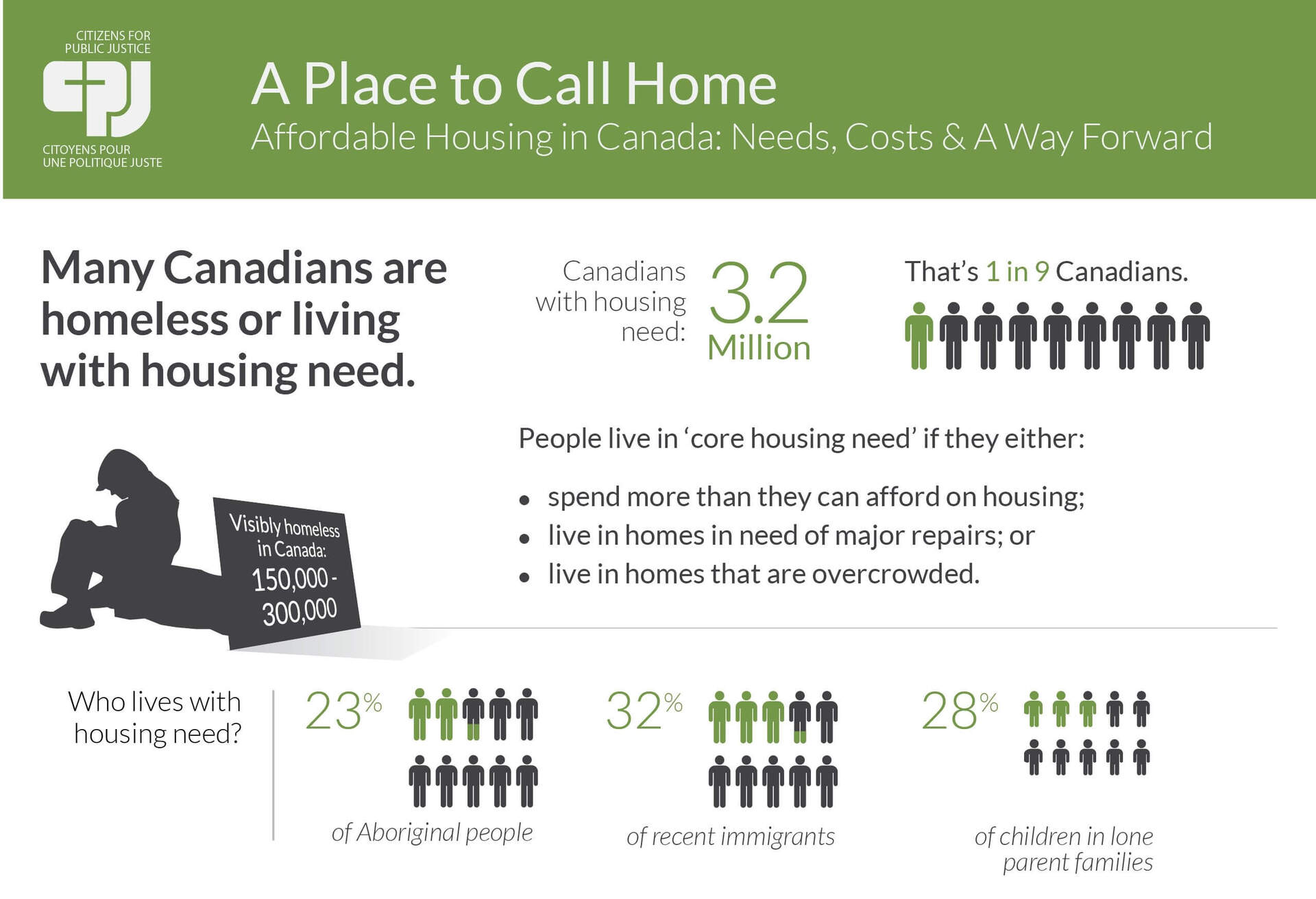Current practices for procuring Affordable Housing: The Canadian context

The document titled “Re-housing Slum Dwellers: A Conceptual Approach of Homes” presents a comprehensive framework for addressing the housing needs of slum dwellers through innovative and inclusive strategies. It emphasizes the importance of understanding the socio-economic dynamics of slum communities and advocates for solutions that are not only physically adequate but also socially and culturally relevant.
Context and Importance of Re-housing
Slum dwellers often live in precarious conditions characterized by overcrowding, inadequate infrastructure, and a lack of essential services. The document highlights that traditional approaches to re-housing, which often focus solely on physical structures, fail to consider the broader context of residents’ lives. A successful re-housing strategy must recognize the emotional and social dimensions of housing, fostering a sense of belonging and community among residents.
Key Principles for Re-housing Slum Dwellers
1. Community Engagement
At the heart of the proposed approach is the belief that slum dwellers should be empowered to lead their development processes. The document stresses the necessity of involving slum communities in the planning and implementation of re-housing projects. Engaging residents ensures that their needs, preferences, and cultural practices are respected, fostering ownership and accountability among community members.
2. Incremental Development
Incremental development is proposed as a viable strategy for re-housing slum dwellers. Instead of large-scale relocation projects, which can disrupt communities, incremental development allows residents to gradually improve their living conditions over time. This approach acknowledges the resource constraints faced by many families and supports their agency in shaping their homes.
3. Integration with Urban Planning
The document advocates for integrating re-housing initiatives within broader urban planning frameworks. This integration ensures that housing solutions are linked with essential services such as transportation, sanitation, and education. By aligning affordable housing with urban infrastructure development, cities can create more cohesive and functional neighbourhoods.
4. Diverse Housing Solutions
Recognizing that slum dwellers have varied needs, the document calls for a range of housing options beyond conventional models. This includes rental housing, cooperative housing, and community land trusts. Such diversity allows for flexibility in addressing different socio-economic circumstances and preferences among residents.
Challenges in Re-housing
Despite the outlined principles, several challenges persist in effectively re-housing slum dwellers:
1. Financial Constraints
Many slum dwellers face significant financial barriers that limit their ability to afford housing improvements or new homes. The document highlights the need for innovative financing mechanisms, such as microfinance or subsidies, to support low-income families in accessing affordable housing.
2. Policy Gaps
The lack of supportive policies at national and local levels often hinders effective re-housing efforts. Policymakers may prioritize homeownership over rental or incremental solutions, neglecting the diverse needs of urban populations. The document calls for policy reforms that recognize and promote various forms of tenure.
3. Land Tenure Security
Insecure land tenure remains a critical issue for many slum dwellers. Without formal recognition of their land rights, residents face constant threats of eviction and displacement. The document emphasizes the importance of legal frameworks that provide security to tenants and informal settlers.
Recommendations for Effective Re-housing
To enhance re-housing efforts for slum dwellers, the document proposes several actionable recommendations:
- Develop Inclusive Policies: Governments should formulate policies that prioritize inclusive affordable housing strategies, recognizing the legitimacy of informal settlements and supporting residents in improving their living conditions.
- Promote Capacity Building: Training programs for local authorities and community leaders can enhance their ability to implement effective re-housing initiatives that reflect community needs.
- Foster Partnerships: Collaboration between government agencies, NGOs, and private sector actors can mobilize the resources and expertise necessary for successful re-housing projects.
- Implement Monitoring Mechanisms: Establishing robust monitoring systems can help track progress in re-housing initiatives and ensure accountability among stakeholders.
Conclusion
The document concludes by reiterating the affordable housing need for a holistic approach to re-housing slum dwellers that prioritizes community engagement, incremental development, and integration with urban planning. By addressing both physical and emotional aspects of housing, policymakers can create sustainable solutions that not only improve living conditions but also foster a sense of belonging among residents. Ultimately, recognizing rental affordable housing as a legitimate option alongside homeownership is crucial in developing inclusive urban environments capable of accommodating diverse populations effectively.
